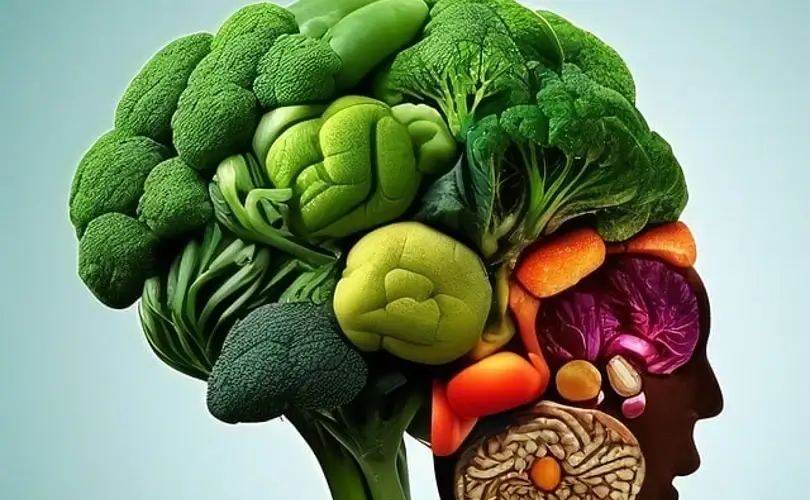The gut-brain axis describes the connection between the digestive system and the brain. Therefore, the condition of our gastrointestinal tract can substantially impact our mental state. For instance, it can alter the intensity of our anxiety and depression. In addition, it is capable of causing chemical imbalances within the body. For example, stress can substantially impact the health of your gastrointestinal tract if you suffer from it.
Foods that Affect the Microbiota of the Intestine
Numerous meal types affect the microbiota of the stomach and the brain’s health. A healthy diet contains a variety of micronutrients, including polyphenols, and is high in fiber. These chemicals are found in plants and have been demonstrated to affect brain health positively. In addition to this advantage, fiber also aids in maintaining a healthy immune system. In addition, fiber decomposes into short-chain fatty acids, which the body can employ in various advantageous ways. High-fiber foods include whole grains, beans, garlic, dandelion greens, Jerusalem artichokes, and hearts. The microbiome of the gut influences behavior.
According to a study, the health of the microorganisms in your digestive tract might influence your brain and behavior. Even though the gut and vagus nerve are not physically connected, their interactions can control how you feel, think, and conduct. Specifically, research has demonstrated that gut bacteria may influence stress response and anxiety management.
Stress Affects the Microbiota of the Gut
There are numerous ways in which stress might change the stomach flora. It may also impact the immune system and bacterial population makeup. This can occur due to mental and emotional, and physical stress. Environmental variables external to the body are another potential cause of this illness. Additionally, it can disrupt the circadian rhythm. Finally, there is evidence that stress affects inflammation in the gastrointestinal tract.
Effects of Probiotics on the Human Brain
Probiotics are generally beneficial for gut health, and there is some evidence that they may also indirectly improve brain function. This is due to the gut and brain connection via biochemical signals. The vagus nerve in the body is responsible for this function. This structure is a component of the enteric nervous system.
The Stress-Related Effect on the Vagus Nerve
The vagus nerve is a powerful defense mechanism against stress. It is responsible for regulating your heart rate and your respiratory and digestive systems. You can stimulate the vagus nerve and reduce stress by physically relaxing and exercising your body.
Influence Prebiotics Have on the Body
A recent study indicates that maintaining a healthy microbiome in the gut could be beneficial for brain function. Both probiotics and prebiotics make up this beneficial flora. Research suggests that these microorganisms can alleviate anxiety and depression symptoms. They may even aid in managing disorders such as antibiotic-induced diarrhea and inflammation. In addition, it has been claimed that probiotics are beneficial for treating severe depression; however, additional research is necessary to confirm these findings.







